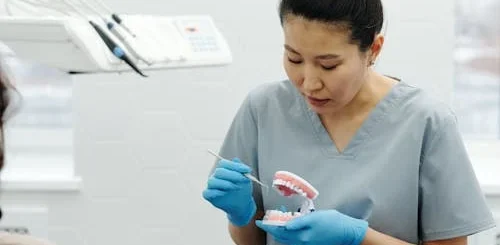How to Treat Alcohol Dependence: Steps to Recovery
Alcohol dependence is a serious condition that affects millions of people worldwide. If you or someone you know is struggling with alcohol addiction, it’s crucial to seek help and explore treatment options. In this blog post, we will discuss effective strategies and steps to treat alcohol dependence. From professional intervention to therapy, support groups, and lifestyle changes, there are various approaches that can help individuals overcome alcohol addiction and lead a healthier, happier life.
Understanding Alcohol Dependence
Alcohol dependence, also known as alcoholism or alcohol use disorder, is a chronic disease characterized by a strong craving for alcohol, loss of control over drinking, and withdrawal symptoms when trying to quit. It affects physical, mental, and social well-being, often leading to severe health complications and relationship problems. Recognizing the signs and symptoms of alcohol dependence is the first step towards seeking treatment.
Seeking Professional Help

When dealing with alcohol dependence, it’s essential to consult a healthcare professional or addiction specialist. They can provide an accurate diagnosis, assess the severity of the condition, and guide you towards appropriate treatment options. Medical detoxification may be necessary in cases of severe alcohol dependence to manage withdrawal symptoms safely. Healthcare providers can also prescribe medications that help reduce alcohol cravings and prevent relapse.
Therapy and Counseling
Therapy and counseling play a crucial role in alcohol dependence treatment. Individual therapy sessions allow individuals to explore the underlying causes and triggers of their addiction, develop coping mechanisms, and learn healthier ways to manage stress and emotions. Cognitive-behavioral therapy (CBT) is a common approach that helps individuals change their negative thought patterns and behaviors associated with alcohol use. Family therapy can also be beneficial in addressing the impact of alcohol dependence on relationships and fostering a supportive environment for recovery.
Support Groups and Peer Support
Joining support groups such as Alcoholics Anonymous (AA) can provide invaluable peer support and a sense of community for individuals recovering from alcohol dependence. These groups offer a platform to share experiences, receive guidance from others who have successfully overcome addiction, and stay motivated throughout the recovery journey. The support and accountability provided by peers can significantly enhance the chances of long-term sobriety.
Lifestyle Changes and Self-Care
Recovering from alcohol dependence involves making positive lifestyle changes and prioritizing self-care. Adopting a healthy routine that includes regular exercise, nutritious diet, and sufficient sleep can help individuals restore their physical and mental well-being. Engaging in stress-reducing activities like yoga, meditation, or hobbies can also promote relaxation and prevent relapse. It’s important to create a supportive and alcohol-free environment by removing triggers from the living space and avoiding social situations that revolve around alcohol.
Conclusion
Treating alcohol dependence requires a comprehensive approach that combines professional help, therapy, support groups, and personal commitment. Recovery is a journey that takes time and effort, but with the right strategies and support, individuals can overcome alcohol addiction and lead a fulfilling, sober life.
It’s important to remember that the path to recovery is unique for each individual, and there may be ups and downs along the way. Relapses are common, but they should not be seen as failures. Instead, they can serve as opportunities for learning and growth.
Building a strong support system is crucial during the recovery process. Surrounding yourself with understanding and supportive friends, family, or a sober community can provide the encouragement and accountability needed to stay on track. Additionally, maintaining open communication with healthcare professionals and attending regular therapy sessions can help address any challenges or triggers that arise.
Remember, treating alcohol dependence is not a solo journey. With the right resources, support, and a commitment to change, individuals can break free from the grip of alcohol addiction and embrace a healthier, happier future.
Note: It’s crucial to consult a healthcare professional or addiction specialist for personalized advice and guidance when seeking treatment for alcohol dependence.



